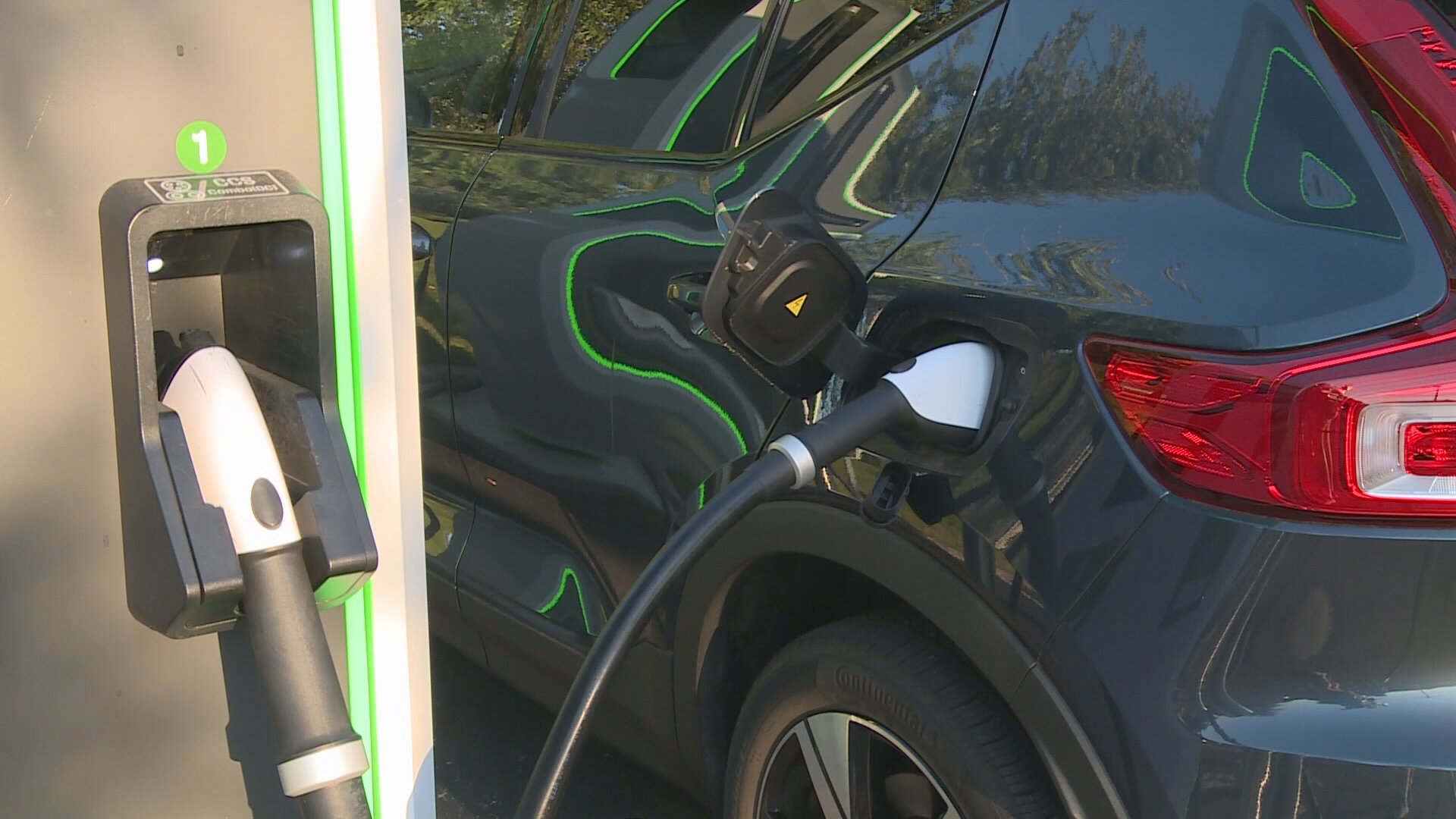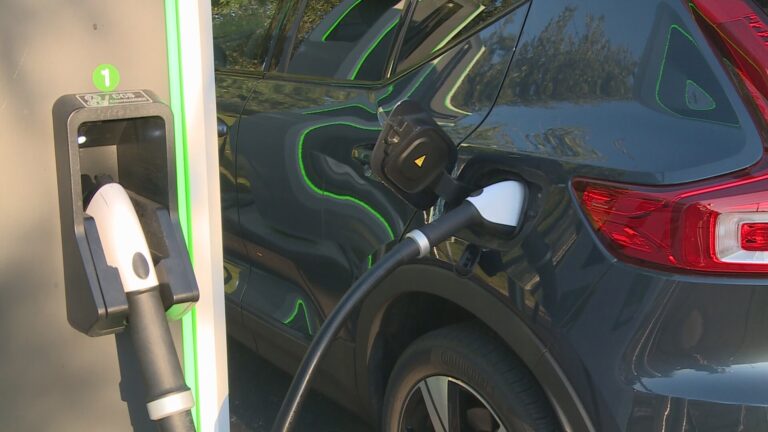Oregon’s Electric Vehicle Market Continues to Grow
Electric vehicles are becoming an increasingly significant part of Oregon’s automotive landscape, helping to reduce greenhouse gas emissions and lower fuel costs for drivers. The Oregon Department of Environmental Quality (DEQ) is set to restart its Clean Vehicle Rebate Program later this spring, offering rebates of up to $7,500 for qualifying new or used electric vehicles (EVs). Since 2018, the program has issued more than 33,000 rebates, totaling over $100 million.

Oregon now has over 112,000 registered electric vehicles, accounting for about 3% of all vehicles on the road. The transportation sector is responsible for approximately 30% of the state’s greenhouse gas emissions, making the transition to EVs a crucial part of Oregon’s climate strategy. Despite the progress, concerns about charging infrastructure and driving range remain barriers for potential buyers.
For those considering an EV, Oregon has made significant strides in expanding its charging network. The state currently boasts nearly 4,000 public charging ports across more than 1,500 locations, including over 1,000 DC fast chargers that can recharge a battery from 20% to 80% in just 20 minutes. Oregon is also working to establish fast-charging corridors along major highways like Interstate 5, U.S. 97, and Interstate 205, with plans for charging stations every 50 miles or less.
“For right now, the deal is quite good,” said Steven Hershkowitz, Clean Transportation managing director at the Washington State Department of Commerce. “You’re going to save somewhere in the realm of $1,500 a year in fuel costs.” EVs are about three times more energy efficient than gas-powered vehicles, and electricity is generally cheaper than gasoline.
Oregon’s Community Charging Rebates Program, currently open through mid-June, helps fund charging stations at apartment buildings, workplaces, and public lots for those who can’t charge at home. For residents with home charging capabilities, installation can be straightforward and affordable, with many Oregon utilities offering residential charger rebates of up to $500.
Joshua Lowe and Seirra Norquist, a couple from Salem, have experience with both hybrid and fully electric vehicles. “Ten out of 10 would recommend everyone to get one,” Norquist said. “I love it. Way better gas mileage, the comfort, the ease, and the maintenance.” Their charger cost about $200, and they haven’t noticed a significant spike in their electric bill.
As the EV market continues to evolve, even performance concerns are being addressed. “You see some of these things beating Lambos off the starting line,” Lowe said. “It’s almost too much power.” With the upcoming restart of the Clean Vehicle Rebate Program, Oregon is poised to continue its push toward a cleaner transportation sector.



